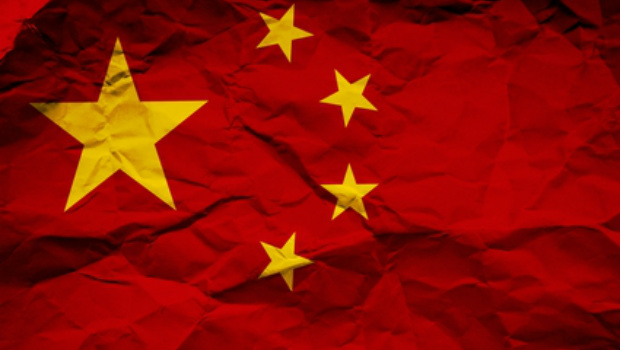When Microsoft ended support for Windows XP last year, most of us moved on to Windows 7 or 8, but not the nation of China. XP was still in wide use around the country and upgrading was an expensive proposition.
In a fit of pique, the Chinese government actually banned Windows 8 in retaliation to the end of XP support, which was the ultimate example of cutting off your nose to spite your face.
The country’s government also launched an effort to create its own OS replacement for XP. Now that OS is coming to fruition, and a reporter from Quartz was able to get a copy and put it through its paces.
NeoKylin – the name comes from “qilin,” a fictional chimera-like creature – is developed by China Standard Software, a subsidiary of China National Software & Service Co., Ltd., and is built on Linux. It already made its own Linux variant called NeoShine, but NeoKylin appears to be different. Quartz believes the OS is based on Fedora due to its use of Yellowdog Updater Modified (YUM) package management.
The first and most obvious thing about NeoKylin is it looks just like XP. It does not have the rolling green hills wallpaper, but the familiar green Start button is in the lower left corner and the menus look just like XP. The terminology is the same, too: My Computer, My Documents, Recycle Bin, Control Panel, etc.
The Chinese seem to have missed an obvious point: the appeal of Windows is the apps available for it, and try as the FOSS community might, it has never gotten desktop apps to take off in any big way on Linux. That is why NeoKylin comes with only a few apps, like Firefox, a music player, GIMP, and a few other minor apps.
The one good piece of software was NeoShine, an office productivity suite developed by China Standard Software that looks an awful lot like Word, Excel, and PowerPoint.
When the Quartz reviewer attempted to install Google Chrome, he was blocked. The same happened with other apps. Quite a few apps were blocked from installation, but eventually they found they could manually add the apps by editing system files, and who wants novice computer users like office workers doing that?
It had been assumed that sooner or later, China was going to learn that cheap knockoffs do not work, but apparently NeoKylin is gaining some legitimacy. Quartz says more than 40% of commercial PCs sold by Dell in China are running NeoKylin.
Andy Patrizio, IDG News Service








Subscribers 0
Fans 0
Followers 0
Followers